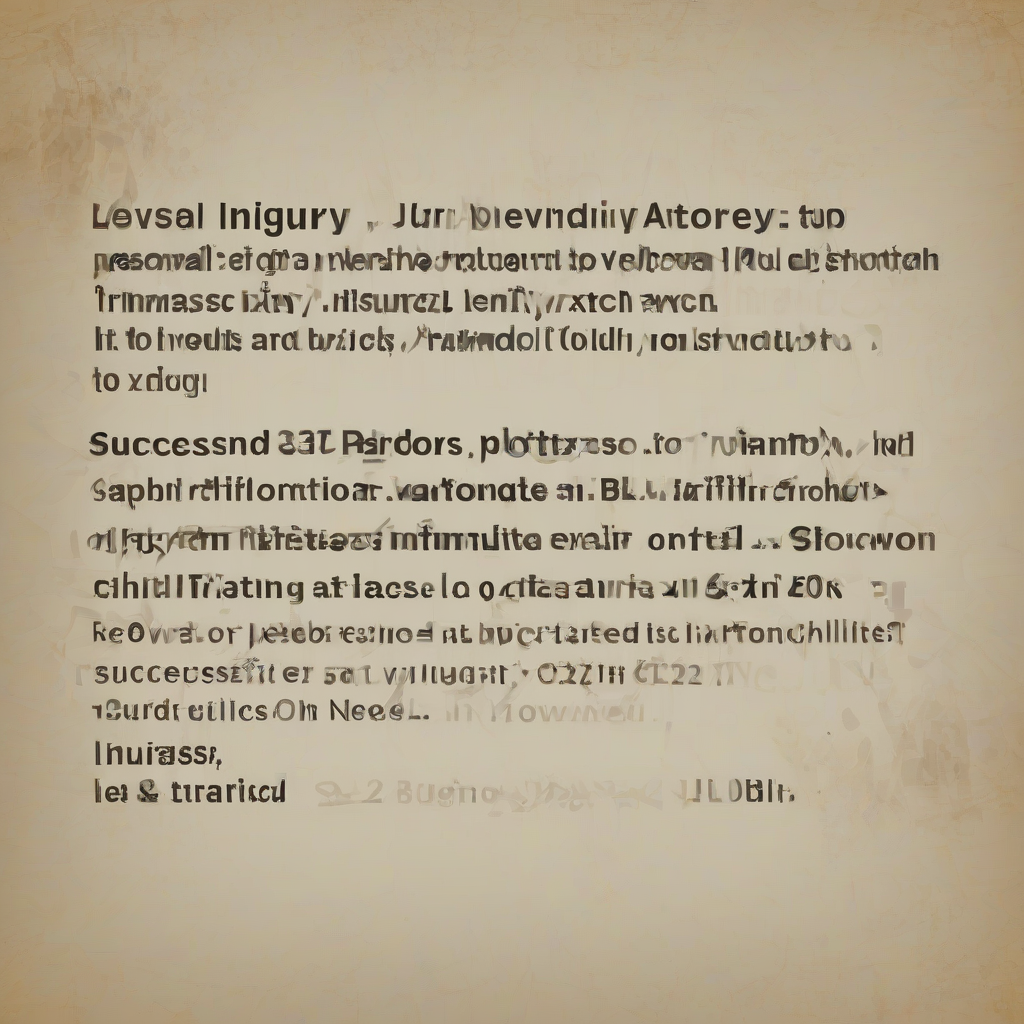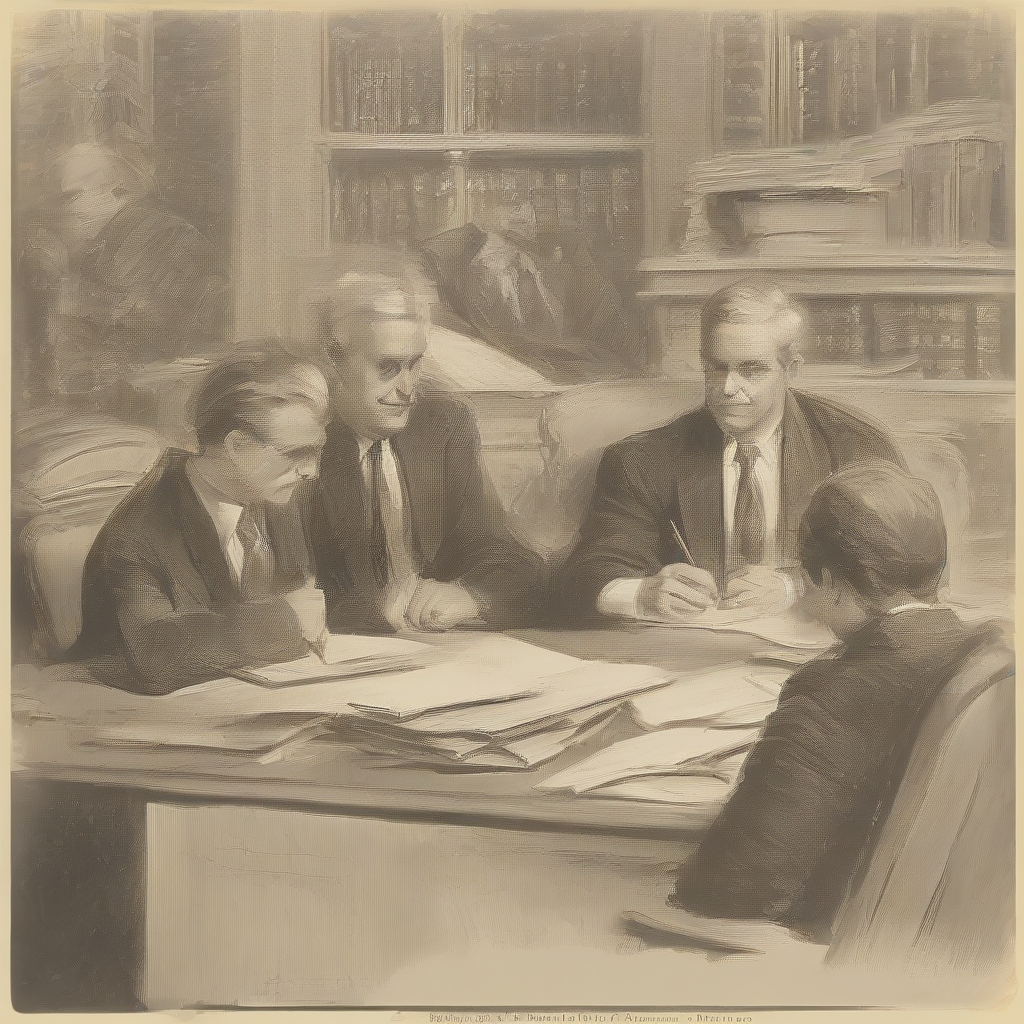Unraveling the Crucial Role of a Defense Attorney: Your Shield in the Legal Arena
In the intricate world of law, where justice and fairness intertwine with complex procedures and potential consequences, the defense attorney stands as a vital pillar of the legal system. They are the champions of individual rights, the guardians of due process, and the unwavering advocates for their clients, regardless of the accusations levied against them. Understanding the multifaceted role of a defense attorney is crucial for anyone facing legal challenges or seeking to navigate the complexities of the justice system.
The Core Responsibilities of a Defense Attorney
A defense attorney’s responsibilities are extensive and demanding, requiring a blend of legal expertise, investigative skills, advocacy prowess, and ethical conduct. Their primary duty is to zealously represent their client’s interests, ensuring their rights are protected at every stage of the legal process. This encompasses a wide range of tasks, including:
- Initial Consultation and Case Assessment: This involves meeting with the client, gathering information about the case, reviewing evidence, and advising on potential legal strategies. The attorney assesses the strengths and weaknesses of the case, identifies potential defenses, and develops a comprehensive legal strategy.
- Investigation and Evidence Gathering: Defense attorneys conduct thorough investigations to uncover evidence that supports their client’s case. This may include interviewing witnesses, obtaining documents, analyzing forensic evidence, and consulting with experts.
- Negotiation and Plea Bargaining: Many criminal cases are resolved through plea bargaining, where the defendant agrees to plead guilty in exchange for a reduced sentence or other concessions. The defense attorney negotiates with the prosecution to achieve the best possible outcome for their client.
- Motion Practice: Defense attorneys file motions with the court to challenge evidence, suppress illegally obtained evidence, dismiss charges, or obtain other favorable rulings.
- Trial Preparation and Presentation: If the case proceeds to trial, the defense attorney prepares their client for testimony, selects a jury (in jury trials), presents evidence, cross-examines witnesses, and delivers closing arguments to persuade the jury or judge of their client’s innocence or to mitigate the severity of the charges.
- Sentencing Advocacy: If the client is convicted, the defense attorney works to minimize the sentence through persuasive arguments and the presentation of mitigating circumstances.
- Appeals: If the client is convicted, the defense attorney may file an appeal, arguing that errors were made during the trial that warrant a new trial or reversal of the conviction.
- Maintaining Confidentiality: A cornerstone of the attorney-client relationship is confidentiality. Defense attorneys are ethically bound to protect the privacy of their clients’ information.
Types of Defense Attorneys
The legal landscape offers various types of defense attorneys, each specializing in different areas of law. These include:
- Criminal Defense Attorneys: These attorneys specialize in representing individuals accused of criminal offenses, ranging from misdemeanors to felonies. They are well-versed in criminal procedure, evidence rules, and sentencing guidelines.
- Public Defenders: These attorneys are employed by the government to represent indigent defendants who cannot afford private counsel. They provide legal representation to individuals accused of crimes, ensuring that everyone has access to legal assistance, regardless of their financial circumstances.
- Corporate Defense Attorneys: These attorneys represent corporations and businesses in legal matters, often involving white-collar crimes, regulatory compliance, and civil litigation.
- Civil Defense Attorneys: These attorneys represent individuals or businesses in civil lawsuits, defending them against claims of negligence, breach of contract, or other civil wrongs.
The Importance of a Skilled Defense Attorney
The role of a defense attorney is not simply to win cases; it’s to ensure that the legal process is fair and just. A skilled defense attorney provides numerous crucial benefits:
- Protection of Constitutional Rights: Defense attorneys safeguard their clients’ constitutional rights, including the right to remain silent, the right to legal representation, and the right to a fair trial.
- Thorough Investigation and Evidence Presentation: A skilled attorney conducts a meticulous investigation to uncover all relevant evidence, ensuring that no stone is left unturned in the pursuit of justice.
- Strategic Legal Counsel: Defense attorneys provide expert legal counsel, guiding clients through the complex legal system and advising them on the best course of action.
- Negotiation and Plea Bargaining Expertise: Effective negotiation skills can significantly impact the outcome of a case. A skilled attorney can negotiate favorable plea bargains, minimizing potential penalties.
- Trial Advocacy Skills: In cases that proceed to trial, a skilled attorney presents a compelling defense, effectively cross-examining witnesses and persuading the jury or judge.
- Peace of Mind: Facing legal charges can be incredibly stressful. Having a skilled defense attorney provides peace of mind, allowing clients to focus on other aspects of their lives while their attorney handles the legal complexities.
Finding the Right Defense Attorney
Choosing the right defense attorney is a critical decision that can significantly impact the outcome of a legal case. Factors to consider include:
- Experience and Specialization: Look for an attorney with significant experience in the specific area of law relevant to your case.
- Reputation and Track Record: Research the attorney’s reputation and track record. Look for testimonials, reviews, and case results.
- Communication and Accessibility: Choose an attorney who communicates clearly and promptly, keeping you informed throughout the process.
- Personality and Compatibility: It’s important to feel comfortable and confident in your attorney’s ability to represent you effectively.
- Fees and Payment Options: Discuss fees and payment options upfront to avoid any surprises.
The Ethical Obligations of a Defense Attorney
Defense attorneys operate under a strict code of ethics that governs their conduct and responsibilities. Key ethical obligations include:
- Confidentiality: Attorneys are bound by strict confidentiality rules, protecting the privacy of their clients’ information.
- Zealous Representation: Attorneys must zealously represent their clients’ interests, advocating for them within the bounds of the law.
- Competence: Attorneys must possess the necessary skills and knowledge to effectively represent their clients.
- Independence and Objectivity: Attorneys must maintain independence from outside influences and act objectively in the best interests of their clients.
- Compliance with Rules and Regulations: Attorneys must adhere to all applicable rules and regulations governing legal practice.
The Defense Attorney’s Role in a Just Society
The defense attorney plays an indispensable role in ensuring a just and equitable legal system. They are the last line of defense against potential government overreach, ensuring that individuals are treated fairly and have access to legal representation. By upholding the principles of due process and protecting individual rights, defense attorneys contribute significantly to the functioning of a democratic society that values fairness, justice, and the rule of law.
In conclusion, the defense attorney is far more than just a legal professional; they are a vital component of a fair and just legal system. Their unwavering commitment to protecting their clients’ rights, their thorough investigation of cases, and their skillful advocacy in the courtroom are critical elements in ensuring that everyone receives a fair hearing and due process under the law. Understanding the multifaceted role of a defense attorney is essential for navigating the complexities of the legal world and upholding the fundamental principles of justice.





